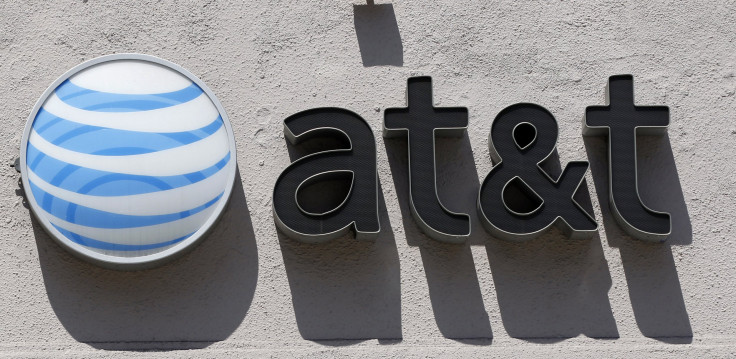AT&T Says Sponsored Data Doesn't Violate Net Neutrality: Internet Advocates Argue Mobile Practices Are Unfair

AT&T’s (NYSE:T) Sponsored Data announcement at 2014 International CES instantly drew concerns from Internet advocates and even the Federal Communications Commission, or FCC. However, the wireless communications giant is unfazed by public response, maintaining that Sponsored Data complies with FCC Net neutrality rules.
"We are completely confident this offering complies with the FCC's Net neutrality rules, which our company supports," Jim Cicconi, AT&T senior executive vice president of External and Legislative Affairs, said in a statement provided to CNET.
According to a statement released by AT&T, the Sponsored Data service, which was unveiled at CES, aims to provide “eligible 4G customers” a way to use mobile content and apps without using any of their allotted data package.
Instead of customers being billed for data, companies can opt to join the Sponsored Data program and pick up the tab for customers using their particular content over the AT&T wireless 4G LTE network.
AT&T maintains that the service is aimed to benefit customers:
"It allows any company who wishes to pay our customers' costs for accessing that company's content to do so. This is purely voluntary and nonexclusive. It is an offering by that company, not by AT&T,” Cicconi added in his statement to CNET.
However, Internet rights and consumer advocates argue that Sponsored Data is anything but a fair deal for customers.
Internet rights advocate Public Knowledge maintains that the Sponsored Data scheme is a move that attempts to “gouge content creators.”
Companies such as Facebook and Netflix (NASDAQ:NFLX) may be able to pay the sponsorship fee, but Public Knowledge argues that startups will be hindered by the process.
“Startups will abandon any potentially ‘data-intensive’ innovation to big players—a recipe for stagnation,” wrote Michael Weinberg, acting co-president of Public Knowledge, in a policy blog.
In addition, aside from content creators “picking up the tab” via Sponsored Data, it does nothing to actually defray the take-home monthly cost of data for the end-user.
The question is why sponsored data is necessary in the first place. Network congestion capacity was initially the issue touted by carriers and broadband providers who sought to implement the caps. However, industry insiders have indicated in the past that network capacity wasn’t the real intention of the caps.
Last year National Cable and Telecommunications Association (NCTA) President Michael Powell told a Minority Media and Telecommunications Association audience that broadband caps were not primarily about network congestion. Instead he directed the narrative to an issue of “pricing fairness.”
“Our principal purpose is how to fairly monetize a high fixed cost,” said Powell, according to Broadcasting and Cable report.
At a JPMorgan-sponsored investor’s event back in May 2013, Randall Stephenson, chairman of AT&T, also hinted at a market environment where Sponsored Data could exist.
“There will be players in the ecosystem who are motivated to draw more traffic to their particular content or website and will there be models that emerge where they are willing to defray some of the consumer end-user charges by paying it by themselves, either by advertising or by monetization of data? I think the answer to that is yes,” said Stephenson.
Should a scheme such as Sponsored Data become “standard,” the biggest potential losers are members of rural communities, where access to broadband Internet is already limited.
Such a move would potentially limit mobile broadband usage habits in underserved areas to Sponsored Data services. Wired mobile broadband options may also go out the window as companies such as AT&T seek to decommission wired lines.
AT&T's Sponsored Data service has drawn much attention and controversy, with the FCC waiting on the sidelines to step in -- if necessary.
Do you believe AT&T is violating Net Neutrality? Let us know your thoughts in the comments section.
© Copyright IBTimes 2024. All rights reserved.





















